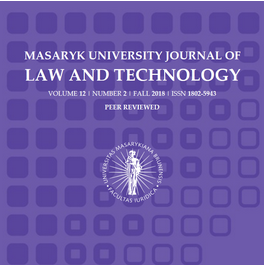The Promethean Myth; An Argument for Methodological Atheism
The Promethean Myth; An Argument for Methodological Atheism
Author(s): Alexander Darius OrnellaSubject(s): Theology and Religion, Religion and science , Sociology of Religion
Published by: Masarykova univerzita nakladatelství
Keywords: Methodological atheism; Prometheus; religion; technology; sciences; evolution; reason; theology;
Summary/Abstract: In public perception (in particular in secular Europe), technosciences are often considered as something verifiable, neutral, and without any relation to the religious realm. Looking back at ancient times, however, powerful mythical figures like Prometheus suggest that technoscientific developments and insights have always been tied to the religious and transcendent realm. Prometheus’ heritage is still influential, inspirational, and visible today in arts, philosophy, the technosciences, and religious communities. This paper analyzes the Catholic Church’s position towards the technosciences and argues that it employs a binary approach in the evaluation of findings and developments in modern sciences and technology: advancements are either in line with religious worldviews (and their moral implications) and can thus be approved of ethically and theologically, or they (seem to) deny the existence of a higher being or (seem to be) contrary to religious ethics and are thus rejected. This paper, then, suggests that theology should advocate a methodological atheism to overcome this binary approach. Doing so would not mean to betray religious or theological convictions. Rather, it would pick up on an old and important tradition in theological reasoning of methodologically excluding the revelation in favor of reliance on reason alone to demonstrate the rationality and reasonability of faith.
Journal: Masaryk University Journal of Law and Technology
- Issue Year: 3/2009
- Issue No: 1
- Page Range: 125-151
- Page Count: 27
- Language: English

